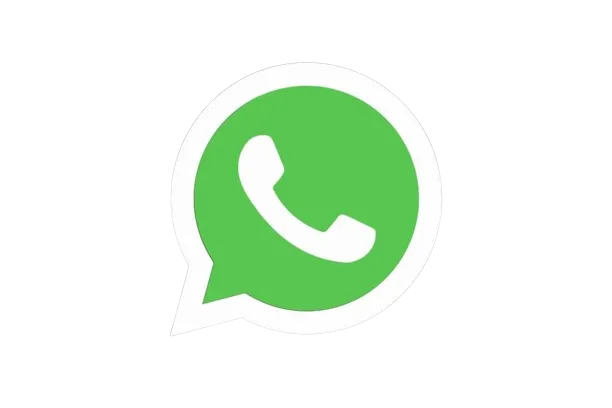In dermatology, phototherapy is one of the most effective therapeutic modalities. Targeted phototherapy, which involves both laser and non laser technology, provides light/laser in the ultraviolet range at a specific wavelength to the infected skin, avoiding many of the side effects of conventional phototherapy.
The term “targeted phototherapy” includes different technologies such as Excimer laser (308 nm), intense pulse light systems, and non-laser ultraviolet light sources are the improved version of hand-held delivery systems.
Targeted phototherapy is an exciting new technology in the management of several dermatological and hair conditions. Their main advantages are safety, ease of administration and suitability for difficult to treat areas and in children
It is effective for patchy hair loss or alopecia areata non-scarring alopecia that results from a hyperactive immune response of T cells against hair follicles. It is also can be used for hair loss related to inflammatory dandruff.
1.Exposure of involved areas only and sparing of uninvolved areas, thus minimizing acute side effects such as erythema and long-term risk of skin cancer on unaffected skin
2.Quick delivery of energy and thereby shortened duration of treatment
3.Delivery of higher doses (super entheogenic doses) of energy because uninvolved areas are not exposed. Higher doses of energy can be delivered selectively to the lesions thereby enhancing efficacy and achieving faster response
4.This has been claimed to shorten the duration of treatment leading to less frequent visits to the clinic and thereby lessening inconvenience for the patient
5.The maneuverable handpiece allows treatment of difficult areas such as the scalp, nose, genitals, oral mucosa and ear
6.Easy administration for children as delivery is hand-held
7.Targeted phototherapy machines occupy less space.
They are not affordable to everyone as the technology being more expensive. Furthermore, they are not adequate to treat extensive areas given the cost of treatment and time involved. They are not recommended for use if lesions occur over more than 10% of the body area.
1.Excimer laser (xenon chloride laser 308 nm)
2.Excimer laser (non-coherent monochromatic light source 304–308 nm)
Non-chromatic ultraviolet light sources (either broad-band, 290–310nm, or narrowband 313nm).
The advantages of the light sources over excimer laser include smaller size, lesser maintenance problems, and lower cost.
Photosensitive conditions such as Systemic Lupus Erythematosus and Xeroderma pigmentosus
History of cutaneous malignancy
Patients on arsenic and ionizing radiation therapy
Patients on Photosensitive drugs
We at Clear Skin Centre use the most advanced Daavlin non-chromatic ultraviolet light sources.
Daavlin Targeted Phototherapy the world’s most advanced treatment with a UVB wavelength of 290-310nm targeting the only affected skin. It is most effective, quick and needs only a few treatment sessions (once in 4 or 7days for a period of 2 to 4 months)
A patented feature of this device is a fiber optic brush that delivers UVB directly to the scalp through an array of bristles in a footprint that measures 2 x 10 cm. For the treatment of other areas of the body, there is an interchangeable spotlight that can deliver energy in a variety of beam shapes.
| DO | DON'T |
|---|---|
| Be regular in treatment to achieve good results | Don’t ignore the treatment cycle every session is important. |
| Do use medicines prescribed by doctor regularly. | Don’t neglect oral and topical medication |
| Don’t neglect oral and topical medication | Don’t irritate the treated area with home remedies. |



